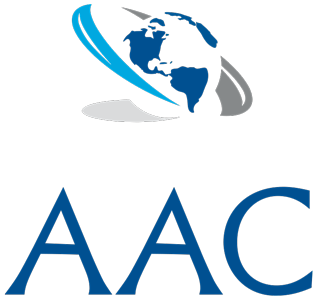
The contemporary education arena has for some time now been experiencing radical shifts as a result of technological advancements, the rapid pace of innovation as well as a movement toward non-traditional means of learning. The growing popularity of EdX, Coursera and a suite of emerging online learning platforms, has made the education market increasingly competitive. The higher education arena is no different. The demand for higher education has catalyzed an increase in the number of both individuals and institutions which have emerged, promising to offer the best in program quantity and quality. To their advantage, social media has facilitated a great degree of efficiency in the process of marketing and advertising, so much so, that unlike in the past, one can now market products and services with a modest budget to almost anyone, located anywhere in the world.
In years gone by, access to education and more specifically, higher education was not as attainable as it is today. The reduction in time, space and cost as relates to one’s ability to pursue post-secondary education co
ntinues to have far reaching implications for the tertiary education terrain on a global level. Undoubtedly, it will become increasingly challenging for institutions to sustain themselves in the vastly changing higher education arena if they are unresponsive or reactive to evolving global trends. Likewise, individuals who are eager to educate themselves may find it challenging to attain their ideal job or be accepted into their ideal institution of higher learning if they are not selective, vigilant and adequately informed about exactly what matters when pursuing tertiary studies. Though we may be bombarded by pop-up ads on our computer screens about remarkable degree programs and enviable success stories, one key word that must always be kept in mind when choosing an institution of higher learning is accreditation.
While it may be personally rewarding and impressive to be self-taught in a particular field, employers may not be sufficiently convinced of your capability or capacity to execute without the supporting credentials to prove it. Furthermore, competition in the labour market necessitates candidates presenting themselves not only with credentials applicable to their relevant fields but credentials that are attained from an accredited program of study or an accredited institution. Accreditation is a guarantee that your qualification can be regarded as legitimate, credible and worthy of merit. Quality assurance, curriculum review and program evaluation are some of the guiding principles of accreditation. When we purchase an appliance or furniture, we generally want the assurance that it is useful, reliable and functional, so too should we be with our certifications, diplomas and degrees.
In order to fully grasp the importance of an accredited degree, the latter can be viewed as one’s passport to the world of work or graduate school. Similarly to the way in which an illegitimate passport would compromise one’s ability to travel abroad, an illegitimate or unaccredited certification can result in denial of entry into one’s dream graduate school or job. Having been a senior administrator in the higher education sector, I have been privy to stories of students being disappointed and disenchanted due to missed opportunities, as a result of not having prior knowledge of the importance of accreditation. Unfortunately, the upsurge of diploma and accreditation mills, can at times be confusing for students wanting to make appropriate tertiary education choices. However, the onus remains on tertiary education institutions and accreditation agencies to leverage their legitimacy and credibility by making related information accessible and digestible to prospective students, so that they may be able to make informed choices.
©Genève Phillip-Durham

Comentarios recientes